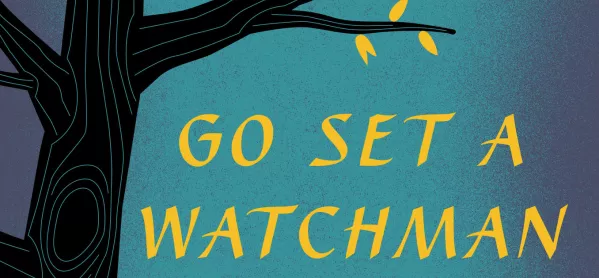Oh, how the mighty have fallen. Atticus Finch, classroom hero and crusading lawyer against racial injustice, has been unmasked as a great big racist.
Harper Lee’s Go Set a Watchman, on sale from midnight tonight, is the most anticipated literary event of the year. The sequel to To Kill a Mockingbird tells the story of a grown-up Scout Finch, travelling back to Alabama to visit her ageing father.
And Atticus - the ideal father who defended a black man accused of raping a white woman - turns out to be a racist who once attended a Ku Klux Klan meeting and opposes desegregation in his home state.
For English teachers, most of whom use Atticus as a perennial classroom example of moral probity, this complicates matters somewhat. “It might make teachers avoid To Kill a Mockingbird,” said Beth Schofield, English teacher at Aldersley High School, in Wolverhampton.
“I don’t think you could do it justice without teaching the development in Atticus that we see now. Students will be encouraged to look for clues, to see where those changes came from.”
But Geoff Barton, head of King Edward VI School in Suffolk, hopes that English teachers will allow Atticus to continue as the model of fairness and compassion he has always been.
“It does feel a bit like a loss of readers’ innocence,” he said. “In a world that feels increasingly dark, I was hoping that these beacons of moral goodness, like Atticus, would stick around.”
Although Go Set a Watchman is published for the first time now, it is essentially an early draft of Mockingbird. In subsequent drafts, Lee focused instead on the flashbacks to Scout’s youth - resulting in the book now beloved of key stage 3 English teachers everywhere.
But for Cat Shepherd, head of performing arts at Aldersley High, the revelation changes nothing. “She’s given us an idealised view of our fathers,” she said. “And, as we all know, as we grow up those views change quite radically. Fathers are actually flawed like the rest of us.
“There’s no way that Atticus was a maverick. He needed the money. He needed the job. He’s a small-town lawyer with two kids. He’s the sort of man who would have represented OJ Simpson.”




